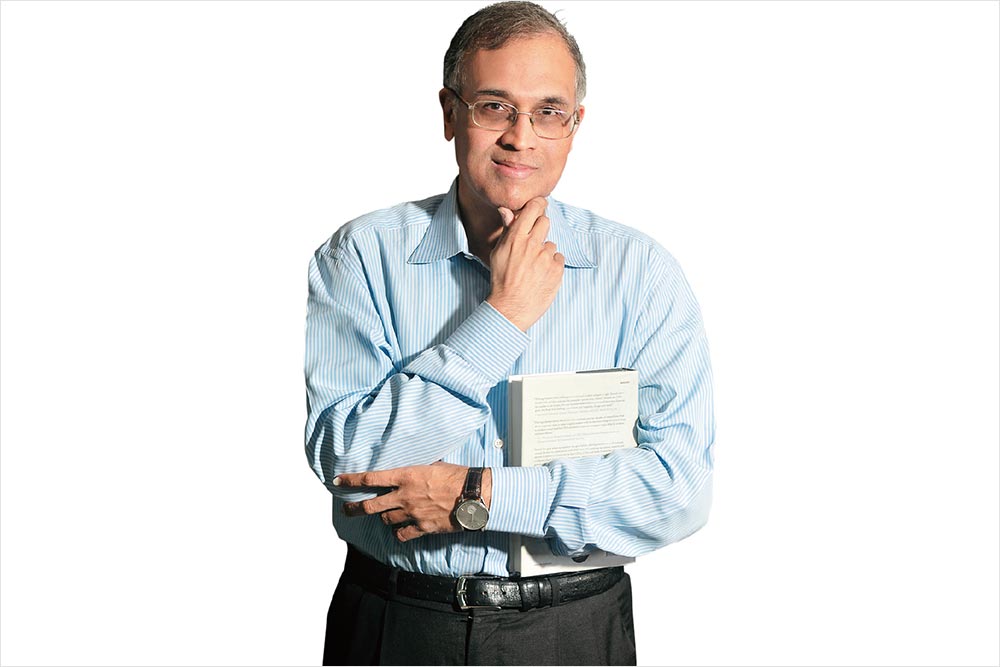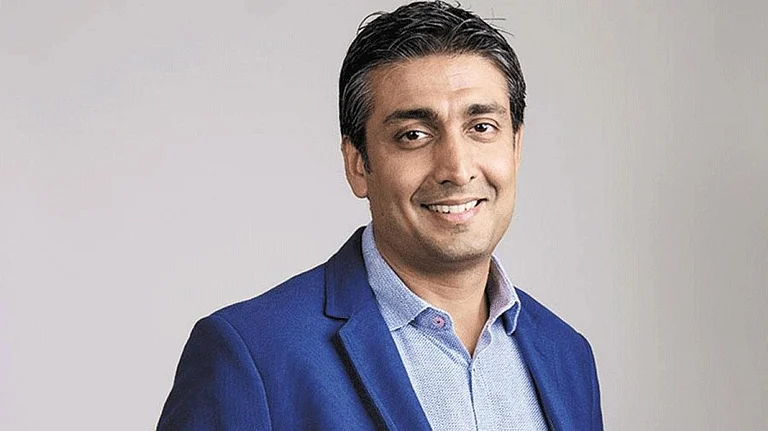
Psychology, I think, is the discipline that comes closest to studying human behaviour. But I also find history a rich source of broader perspective, a mirror to human action. Indeed, one must often look at the past to understand contemporary events better. Pankaj Mishra’s From the Ruins of Empire: The Revolt Against the West and the Remaking of Asia provides a fascinating narrative to do this. The book, which has been released with a more precise sub-heading in the US (‘The Intellectuals Who Remade Asia’), has an ambitious canvas that reflects Mishra’s bold stature as an intellectual and commentator. It posits that the ascension of China, the ongoing tensions between the Asian superpower and Japan, extremism in Islamic states, the turmoil in Egypt, and many other such current events of global import, may all have their roots in the Victorian period. This intriguing analysis is founded on the decimation or subjugation of the great empires of the East by the soldiers and merchants of the West. The list of examples Mishra provides is long — the rise of the Mughal Empire in India; the forced opium trade in China and burning of the Summer Palace in Beijing; the catalysis of Japan’s modernisation in the late nineteenth century...
What may have turned the tables so dramatically in the last 50 years, Mishra explains brilliantly, are the ideas of some of the lesser-known thinkers of the East: the Persian-born liberal-turned-revolutionary Jamal al-Din al-Afghani, the Chinese intellectual Liang Qichao, and Rabindranath Tagore, whom Mishra casts in new and powerful light. The author not only chronicles the life and views of this disparate triumvirate with rigour, he traces their influence on contemporary geopolitics convincingly.
Throughout the book, Mishra’s prognosis is not sanguine. Internally diverse societies like India may not be able to find a social, political and cultural identity without violence and disorder. In fact, the European model of the ethnically homogeneous nation state is a poor fit in Europe itself, and a pan-European body like the European Union is going through severe stress today. In India and China, the pursuit of economic growth at all costs has led to the creation of a “gaudy elite”, widening social and economic disparities.
What are the unintended consequences of India’s growth? Mishra offers many insights that are worth mulling over. Here, let me leave you with Tagore’s poignant and timeless warning against the “special modern enthusiasm for Western progress and force.” Tagore puts it, well, poetically: “We have for over a century been dragged by the prosperous West behind its chariot, choked by the dust, deafened by the noise, humbled by our own helplessness, and overwhelmed by the speed. We agreed to acknowledge that this chariot drive was progress, and that progress was civilisation. If we ever ventured to ask ‘progress towards what, and ... for whom?’ it was considered to be peculiarly Oriental ... [yet] of late, a voice has come to us bidding to take count not only of the scientific perfection of the chariot but of the depth of the ditches lying across its path.”











